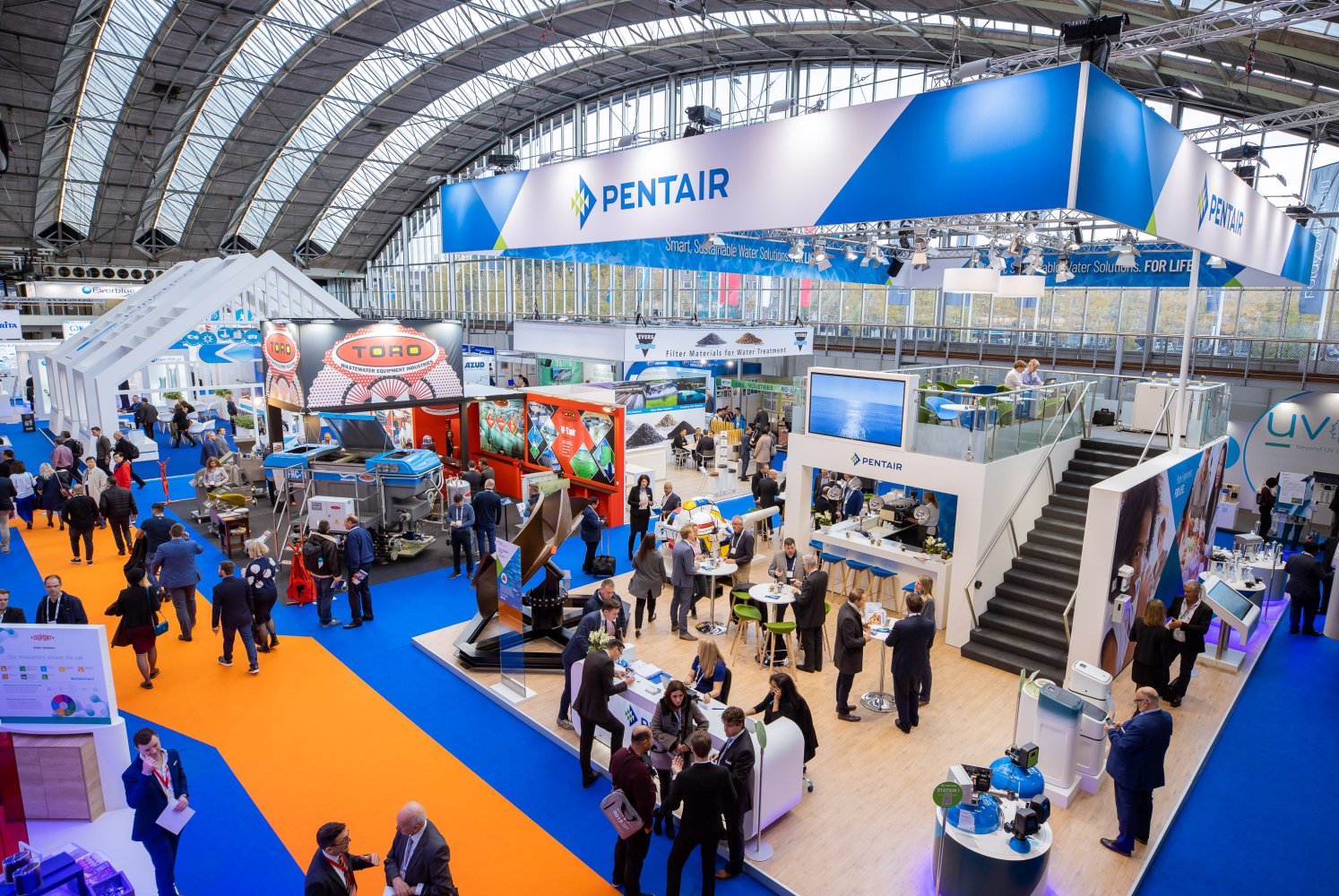RAI Amsterdam's trial with reuse of leftover goods gets a follow-up
The trial with the reuse of leftover goods in RAI Amsterdam has proved to be so successful that it gets a follow-up. During the pilot with so-called donation rooms, exhibitors delivered so many useful goods after a trade show that this will be continued during the international Aquatech trade fair that takes place this week.
This innovative form of reuse was kicked off in September during the world fair for media, entertainment and technology, the IBC 2019. The pilot yielded very satisfied donors and buyers. It is about items that civil society organizations have indicated they can use well. In the donation rooms, food, furniture, plants and flowers, electronics, decorative and office items and hobby materials could be donated.
Satisfied customers
For example, the 'Heen en Weer' Foundation, which helps residents in Amsterdam-Zuid with their mobility, was able to receive a complete office layout for their first own office. Puur Zuid (social services) was the recipient of decorations, plates, trays and bowls for their neighborhood location. The Salvation Army site 'Bij Bosshardt in Noord' could be provided with furniture, decoration and clothing as well as food and drinks. Voedselbank Amsterdam was helped with objects to furnish their new location. Healthcare institution Cordaan received the necessary items for a BBQ, as well as a large table where their clients can eat together and a storage cupboard. Humanitas was looking for and received items for their office location where they receive volunteers and visitors.
Stephanie Mathas, responsible for this project at RAI Amsterdam: “During the IBC, we did the first experiment and it was also very new for us. We were surprised by the enthusiasm on both sides: both the donors and the recipients. We have been able to help many local institutions and initiatives with what was left behind and donated after the fairs. The happy faces that emerged were heart-warming and an incentive to further develop the possibilities of such a program. The experiment will therefore be continued during the Aquatech 2019, in which we will once again make the connection between the demand from the social initiatives and the supply that is left over or given after an event. This way we can increase our social (added) value, but also prevent waste. ”
